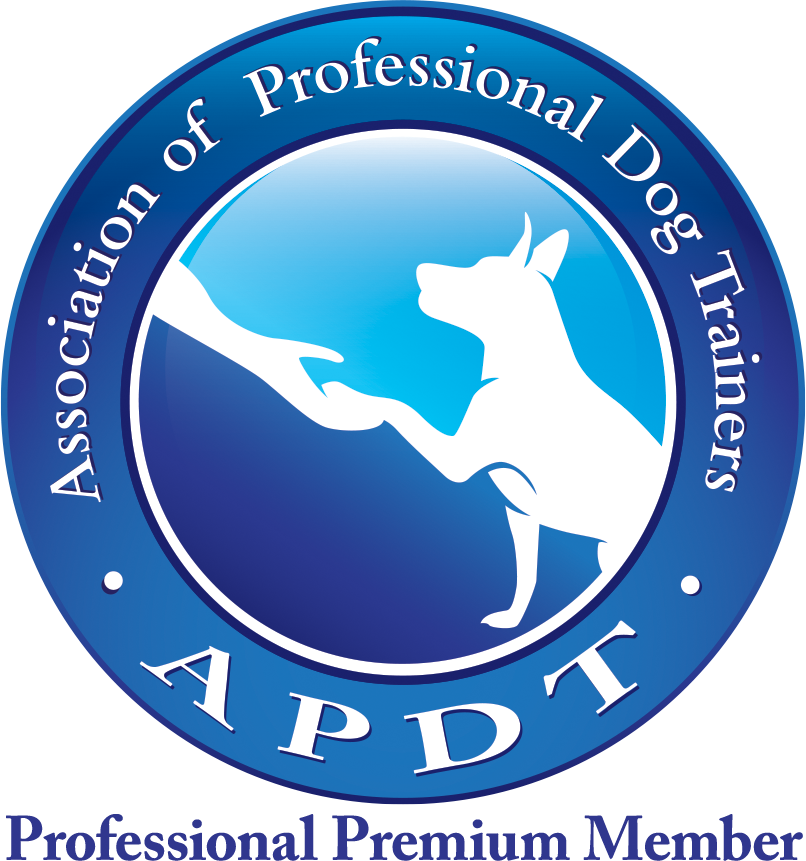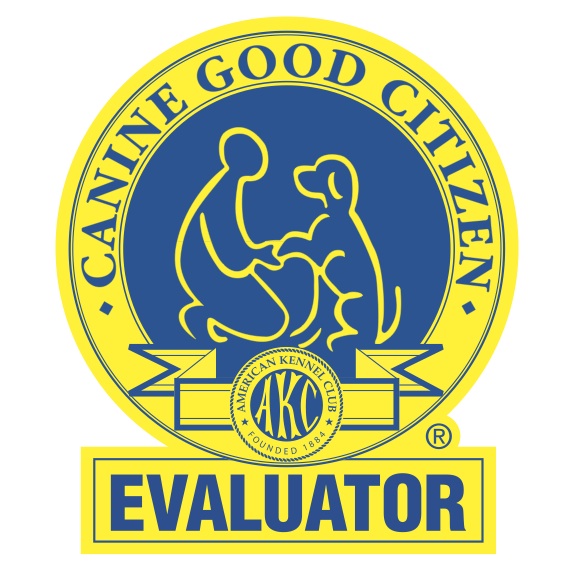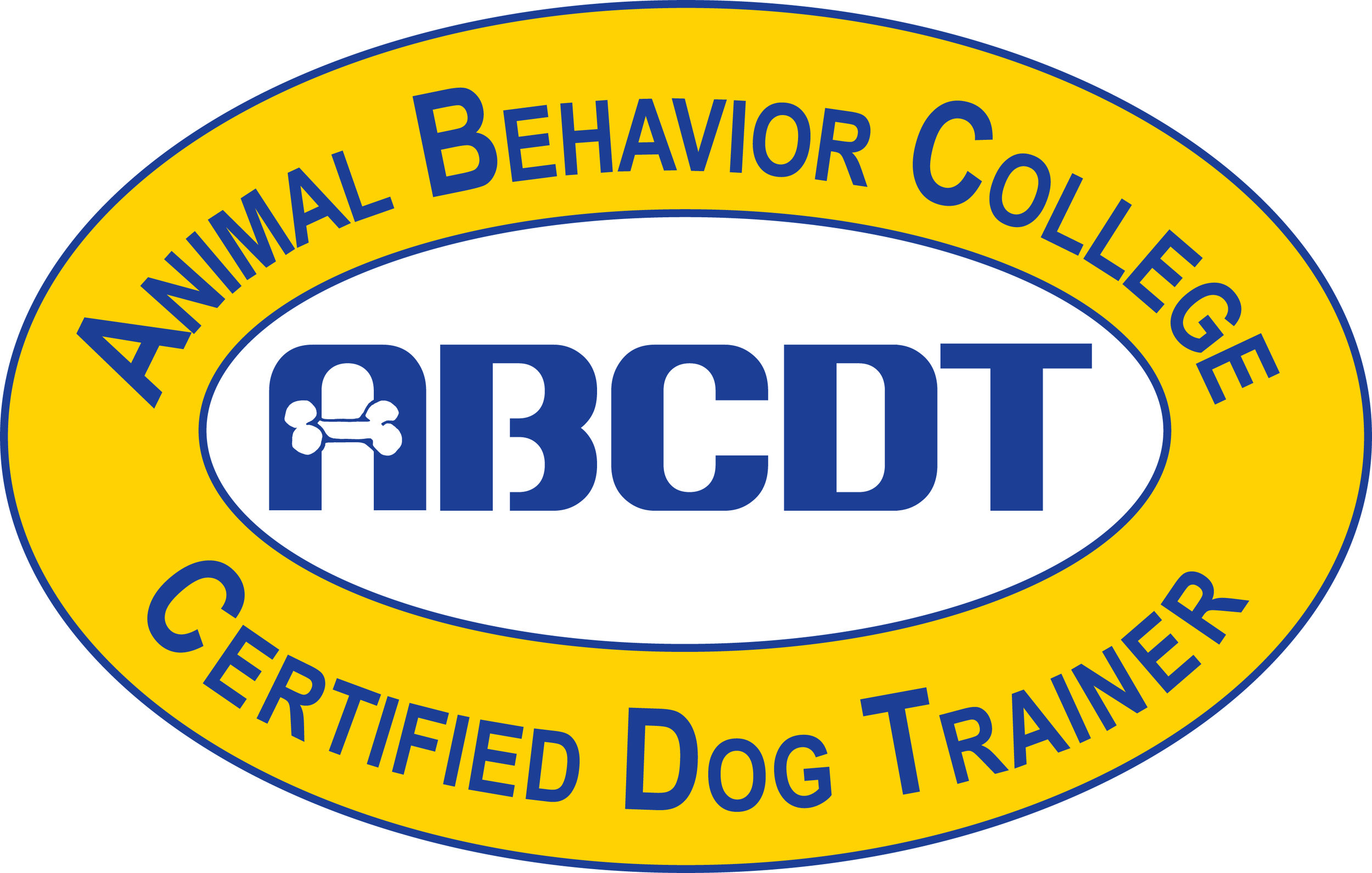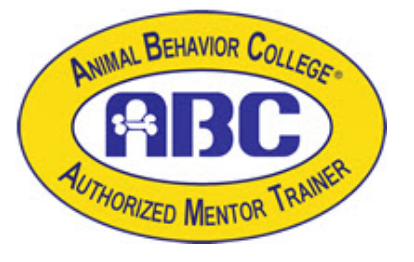Random thought - Different training techniques and philosphies
/Over the years of being in the dog training business, one of the main things that I have come to learn is that if you were to ask ten dog trainers what the best way to train a dog is, you are very likely to get ten extremely different answers.
What every dog owner should understand is that there is no single training method, program, approach, or solution that is going to work well for every dog. Good dog trainers will use a variety of techniques and tools when helping owners and dogs in achieving their desired goal. Good dog trainers will also know when to refer a dog owner to a different dog behavior specialist or veterinarian when needed. In my opinion, there is no shame is referring a client to another source if you do not have the skills to assist the dog/owner.
As an educator and lifelong student, I am constantly trying to increase my knowledge in many areas. I try to research dog training programs, dog trainers to learn from, new methods to try, and search for books to increase and expand my understanding of dogs. Dog trainers get results and assist dog owners in different ways. I have learned so much from scientists and trainers who have used various methods and who have gotten wonderful results and some who have gotten not so wonderful results. There are many different training philosophies and methods in the dog training field. Unfortunately, trainers from different methods tend to be negative of a training method that is different than their preference. My opinion is something can be learned by watching them all. I choose to watch others, learn what I can from them, and add as much as I can to my training tool box. I have learned just as much from the things that another company/trainer does that I disagree with as I have from those I agree with. As a consumer, if I come across a company who degrades or bashes another company, a company who has a long history of bad customer service or quality of product, if at all possible, I will avoid doing business with or purchasing from the company. For me that is a severe turn off. A good dog trainer or company’s skills and results will speak for themselves.
In the dog training field, there are no guarantees for a desired “fix” for a dog’s behavior or guarantees that a dog will learn and behave always in a particular manner; even a programmed computer does not work correctly 100% of the time. Dogs are living breathing, loving animals with feelings and desires. Dogs of the same breed and age can learn differently, at a different rate, and have different things that motivate them. Just as how I taught my first grade students, with the dogs I train, I attempt to find the things that motivate and excite them. I begin training them all the same way in the beginning, but then adapt to meet their individual needs. Just as I did with my human students. I believe it is unfair to compare them and expect them to do things exactly alike and to learn at the exact same rate. Some may need more motivation, time, and training than others, but if you put the love and commitment into them, they will do their best to do what you ask.
Things to know:
1) There is no one trainer, training technique, or training tool guaranteed to work. Do your research to find a dog trainer and training method that best fits in with your beliefs, needs, and can assist you in achieving your goals. A good dog trainer will help the owner to develop leadership skills and to build a mutually respectful and trusting relationship with their dog.
2) Avoid comparing your dog with other dogs. Even dogs within the same breed can be different. A good trainer will assist the owner in learning the subtle or not so subtle ways their dog is trying to communicate.
3) Training takes commitment and consistency. A dog trainer can obedience or skill train your dog, however an owner using training in daily life brings the best success and enjoyment for both the owner and the dog. Training doesn’t stop when the class stops.











